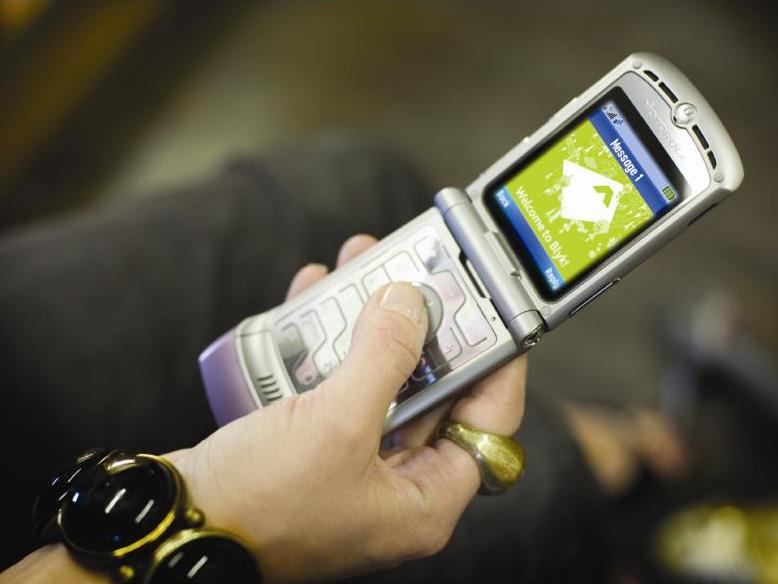Can Blyk succeed?
Ageist, technical issues; will it be a hit with the kids?

New advertising-supported free mobile phone network Blyk will be a very interesting project to follow in the coming months. Aimed at 16 to 24-year-olds, Blyk is an invite-only service that gives its users free texts and voice minutes every month. But how will it cope with the rest of the market? Can it really be a success? We take a look at the key issues which will make or break the service.
Read: Blyk: free calls, texts for 16-24-year-olds
Age issue
Firstly, will Blyk be a hit with the 16 to 24-year-olds who are eligible for joining the service, and whose lives it so desperately wants to be part of? The youth market is notoriously difficult to attract. If Blyk is a hit, then surely we'll see the arrival of similar services from other UK networks, as well as ad-supported free mobile services from Blyk for other age groups too.
Inviting friends
The age issue is interesting because it adds an aura of inclusiveness from the start. Only the young between 16 and 24-years-old will be able to join, creating a feeling of being part of an elite club, full of like-minded people. Getting people to invite their friends to the service is a clever move, but surely Blyk must offer some kind of 'carrot' to get people to do so? Extra minutes or texts, or special discounts from advertisers, would be an incentive for most young people.
Message frequency
The frequency of advertising messages is another question. Six ads per day sounds like a lot, even for brand-aware teenagers. According to the Blyk T&Cs, you have to keep your phone switched on during daytime hours to receive your quota of messages.
No incentive
The advertising messages will be interactive, encouraging users to reply to questions about favourite sports/drinks/TV shows/celebrities/make-up (depending on what you're interested in). Again, there is no incentive for replying to messages, although Blyk said the interactive messages may contain special discounts and offers occasionally. You won't be penalised if you don't reply to messages either; you'll still get your free minutes and SMS allowance.
End of allowance
What will happen when the 43 free voice minutes, and 217 free texts per month run out? With text messages priced at 10p and voice calls costing 15p per minute, impoverished youngsters are likely to switch over to another pay-as-you-go operator rather than topping up with Blyk. It will be interesting to see what the average monthly cost for users will be.
Get daily insight, inspiration and deals in your inbox
Sign up for breaking news, reviews, opinion, top tech deals, and more.
Locked phones
Many potential users will be locked into prepay contracts with operators other than Blyk, and many might not realise that you can't switch SIM cards on a locked handset. Therefore Blyk risks losing customers whether they've signed up already or not.
Technical issues
With Blyk already having problems with technical issues, will its infrastructure be strong enough to cope with the 4.5 million 16 to 24-year-olds it is targeting?
It will be interesting to see how well Blyk does over the coming months, and whether other operators like O2, Orange, T-Mobile, Vodafone and 3 will follow in Blyk's footsteps. If they do, what will happen to Blyk? Will it be a strong enough brand by then to survive? We can but wait and see...